Right from the beginning of the revolution, the great poet To Huu determined through his work as a firm determination and also a sincere wish: "Revolutionary life, since I understood/ To commit oneself means to endure imprisonment/ Is to have a sword pressed to the neck, a gun pressed to the ear/ Is to have a life that is only half left" (Last Will and Testament).
When mentioning Vinh Mai, readers immediately remember the famous poem “Khoc Hoai”. When talking about “Khoc Hoai”, poet Hoang Phu Ngoc Tuong said that the poem evokes the muddy, vigorous quality of the Sinh village wrestling festival, “mi mi tau tau” calmly but the emotions seem to penetrate the heart and soul. It should also be added that until now, more than half a century after the poem was written, many elderly people in the Binh Tri Thien area still remember the poem crying for friends, some even recite it by heart. That is happiness for a writer: “You and I made an appointment from the ward/ When we returned, we tried to compose literature/ When we arrived at our hometown, we each went our separate ways/ We were busy with work, without a day off/ I longed to be among the artists and writers/ To meet you again to discuss long-term matters/ But one day, like a thunderbolt, I was shocked to hear that you had died/ I blurted out “that’s it”/ I lost another literary friend.../...You died again! Oh my god, what a shame/ Why were you so bold to return to Phu Loc/ To let the French ambush and shoot you!/ I know your character is contemptuous/ You consider life as a child’s toy”.
With strong, rough, and rugged strokes, the poem depicts the portrait of an intellectual who devoted his whole life to independence and freedom and sacrificed himself heroically in the resistance war against French colonialism. An intellectual who joined the long-term people's war with a reckless disregard for danger. It is a rare poetic monument to an intellectual who sacrificed himself for a great cause in modern Vietnamese literature.
During the resistance war against America, many good poems also appeared to honor martyrs such as "The Sky of Bomb Craters" by Lam Thi My Da or "Vietnam's Posture" by Le Anh Xuan...
When mentioning Colonel, military poet Nguyen Huu Quy, people often remember the poem "Aspiration for Truong Son". This famous poem can be considered the pinnacle of his writing, having won the B prize (there was no A prize) in the poetry contest organized by the Army Literature Magazine. But Nguyen Huu Quy also had many other memorable poems about the theme of war. For example, the poem "Writing from the Citadel" was inspired by the sacred land of Quang Tri , the poet wrote: "Night mixed with day, day mixed with night, blood mixed with blood mixed with each handful of soil. The streams of blood flowing through broke - the grass sprouted in spring like a breast in puberty?
Grass is the buried dream, the song of the heart that has not been sung, the anxiety that I have not had time to send, the desires that have not sprouted. Grass is you that I have not met for a thousand nights, wanting to kiss your fragrant hair, wanting to touch the soft, supple waist that I dream of...”.
Here, in this poem, “the young grass of the Citadel” as the musician Tan Huyen said, has incarnated and transformed into “you” and “me”, into the painful dialogue of love between couples. And the dream of a couple could have come true if there had been no war. That cruel assumption that no one with a conscience would have wanted has happened. Everything has changed unexpectedly: “The grass of the Citadel, oh the young grass of the Citadel - the green heartbeat under the fragile crescent moon soothes many painful wounds. The last blade of grass gives me its breath, transferring the soul of the countryside into the night journey.
Blood gives birth to a river under the grass, the first cry of life echoes through every village. The sleepless night is the end of sleeplessness, the lonely night touches the bottom, the lonely night flows rapidly, the banks collapse, when the blood drops return home...".
The poem and the whole poem are like a love song of grass, and the grass here is the ancient citadel grass, the sacred grass of the sacred world, evoking sorrow about the unspeakable sacrifices and losses of love that are forever unfinished because of the war to defend the country. The dead cannot return, they can only borrow grass to send their souls back with the waiting lamp like "a drop of blood returning home".
The grass at the foot of Quang Tri Citadel is like a soft memorial to the souls who fell for the country of Vietnam, lingering for years in every step of the people: “The red river flows back to its mother source, reflecting the sunset on the reeds. The moon swings the hammock, the purple flowers sway with the sound of children. The sound of children crying, oh my god, the sound of children? Please let me cry with you once… o… o…
The moon forgets to wane. The grass forgets to be bitter. Connecting two deep regions together...”
The martyrs who sacrificed their lives for the country will forever be remembered by generations of people and will always be a great subject for Vietnamese revolutionary literature and art, including poetry that will further illuminate the noble morality of the nation: "When drinking water, remember its source".
Source: https://baodaklak.vn/van-hoa-du-lich-van-hoc-nghe-thuat/202507/ton-vinh-liet-si-de-tai-lon-cua-thi-ca-cach-mang-7930c25/





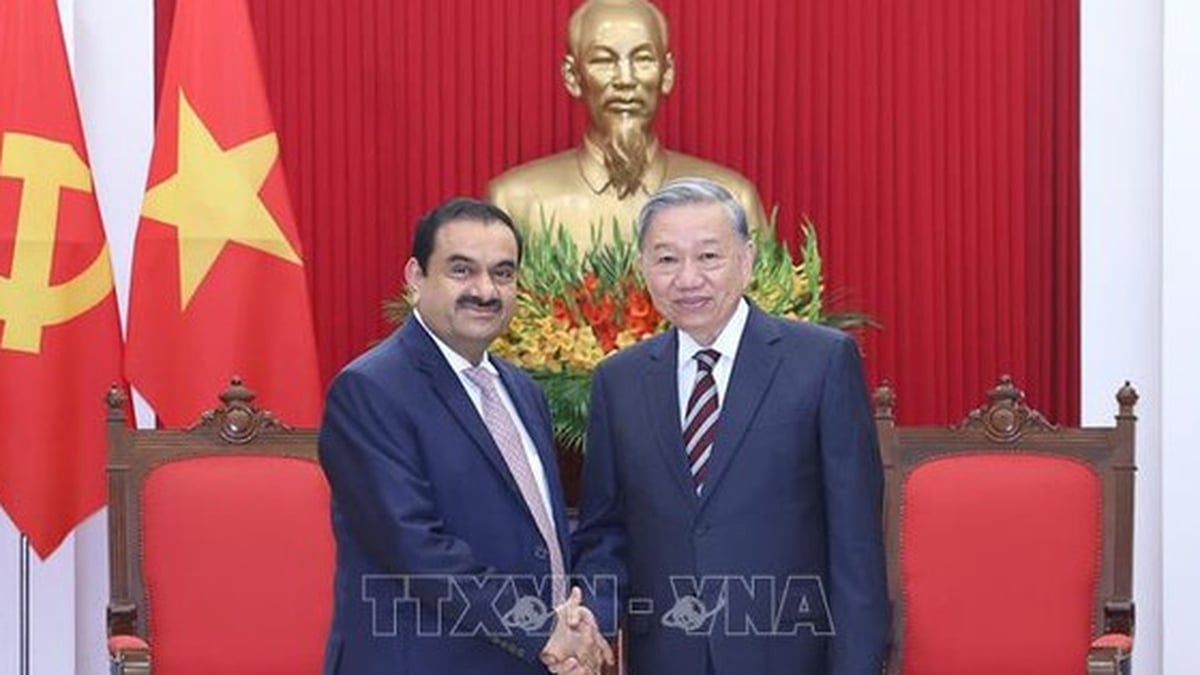
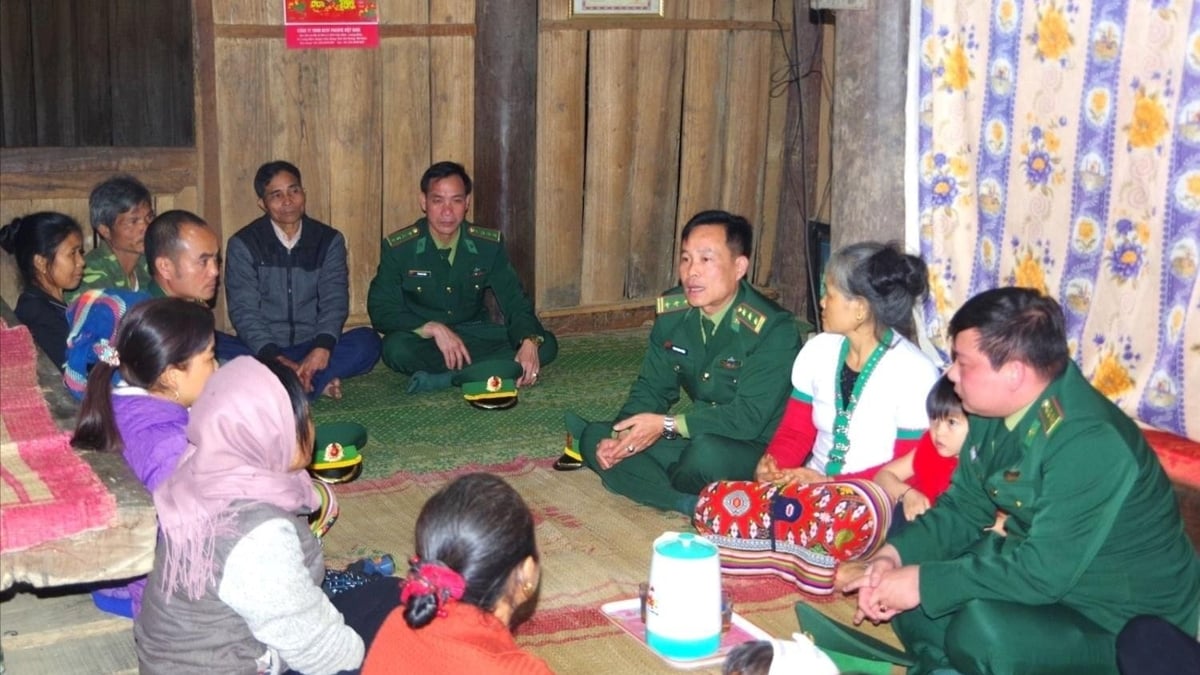
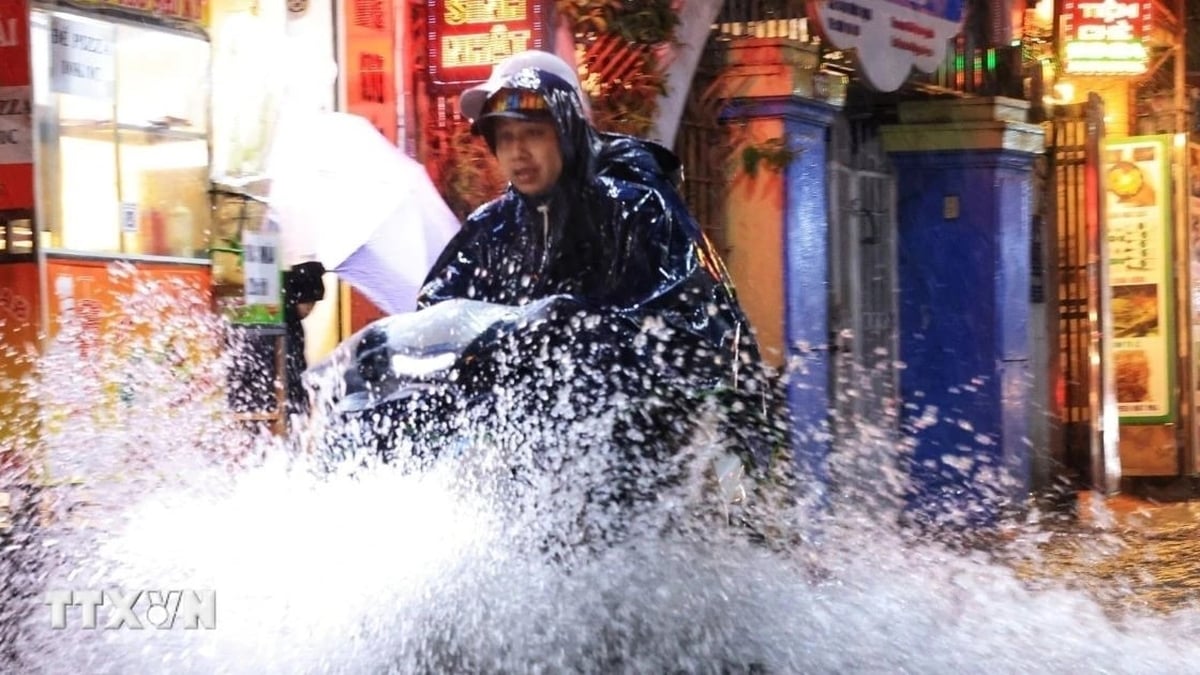

![[INFOGRAPHIC] Xiaomi Smart Band 10 raises the bar for cheap bracelets](https://vphoto.vietnam.vn/thumb/1200x675/vietnam/resource/IMAGE/2025/7/30/32f157afedcb41758ac12c2a139428c6)
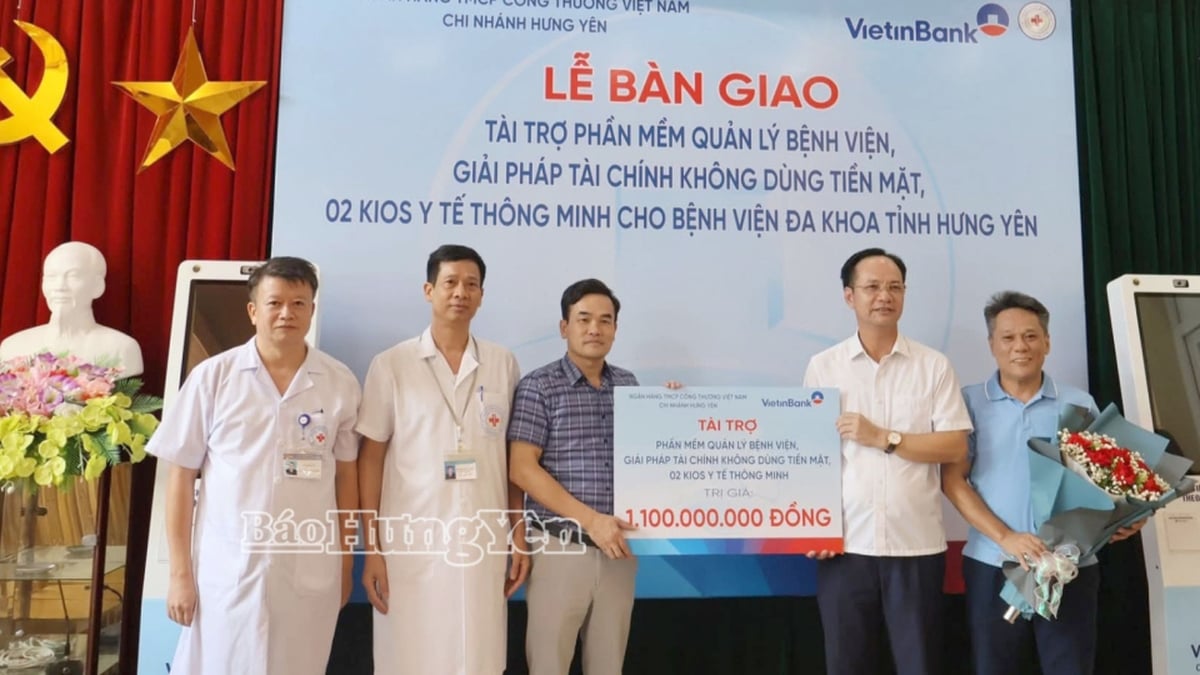













































![[Maritime News] Container shipping faces overcapacity that will last until 2028](https://vphoto.vietnam.vn/thumb/402x226/vietnam/resource/IMAGE/2025/7/30/6d35cbc6b0f643fd97f8aa2e9bc87aea)












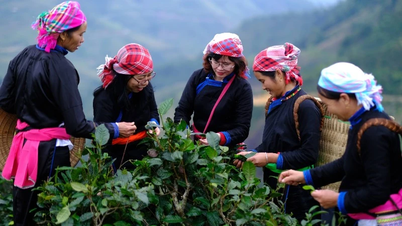
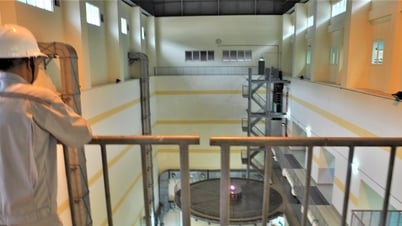







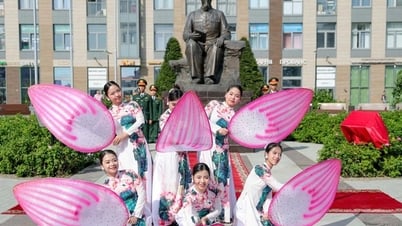
















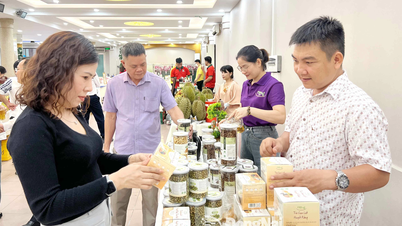


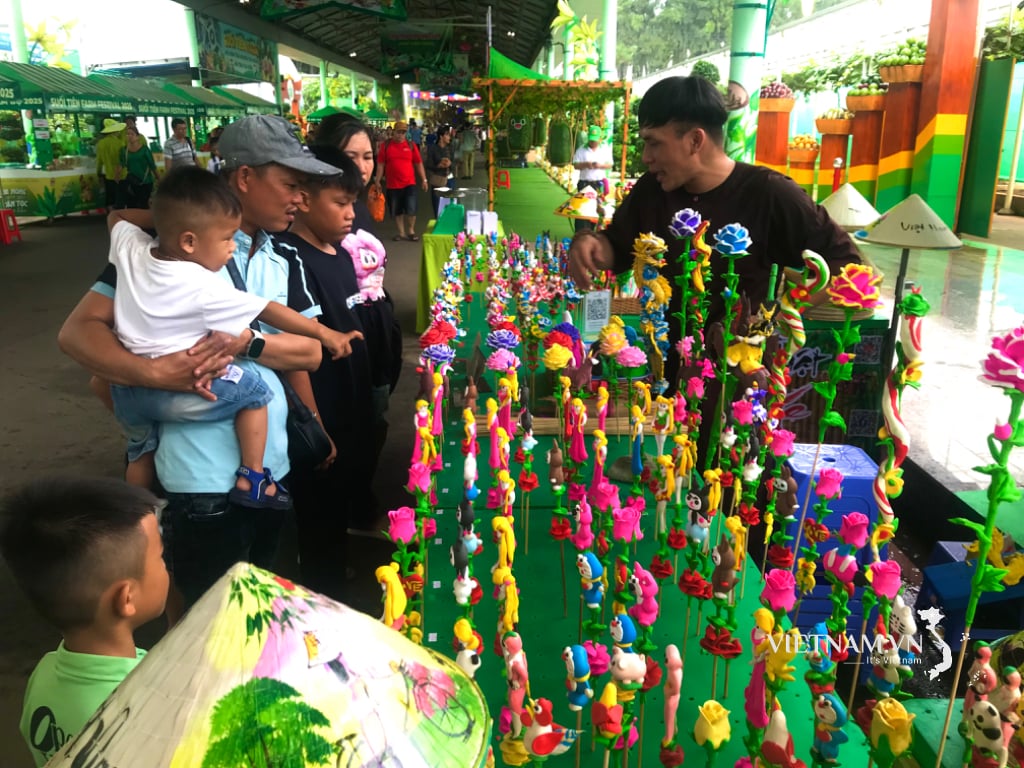
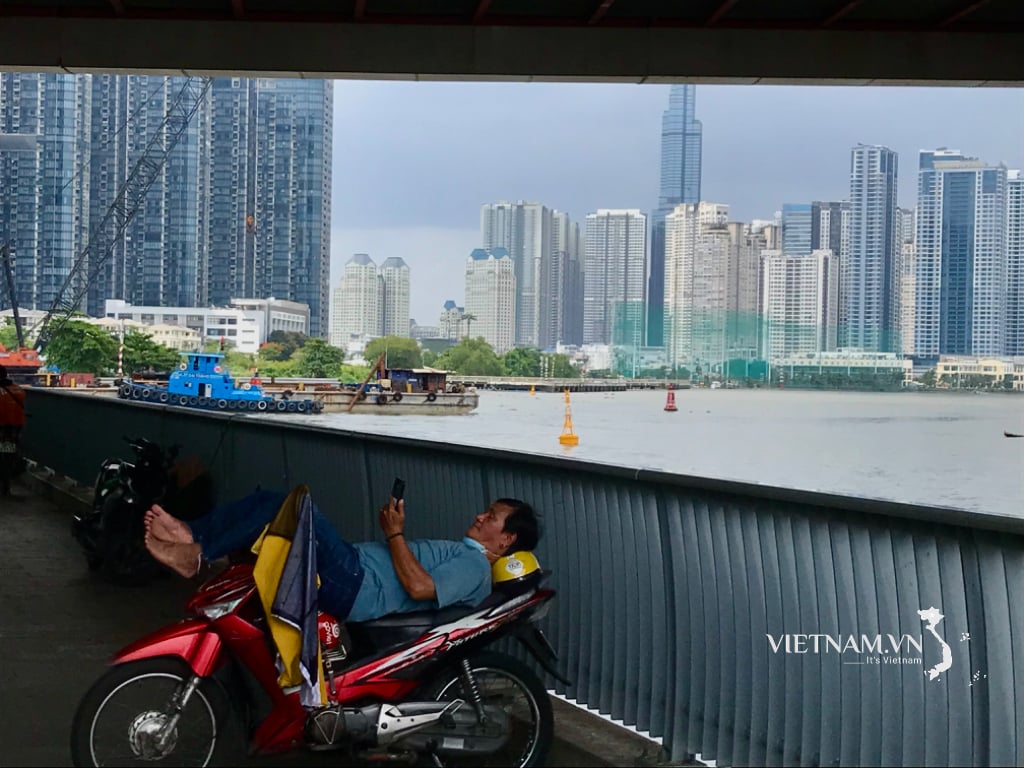

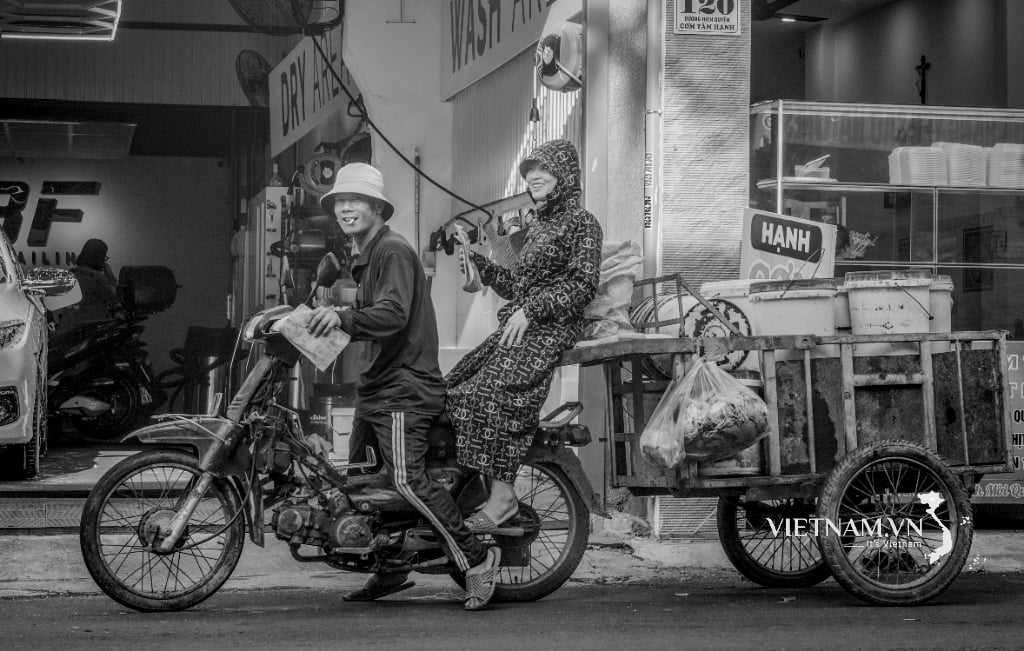
Comment (0)